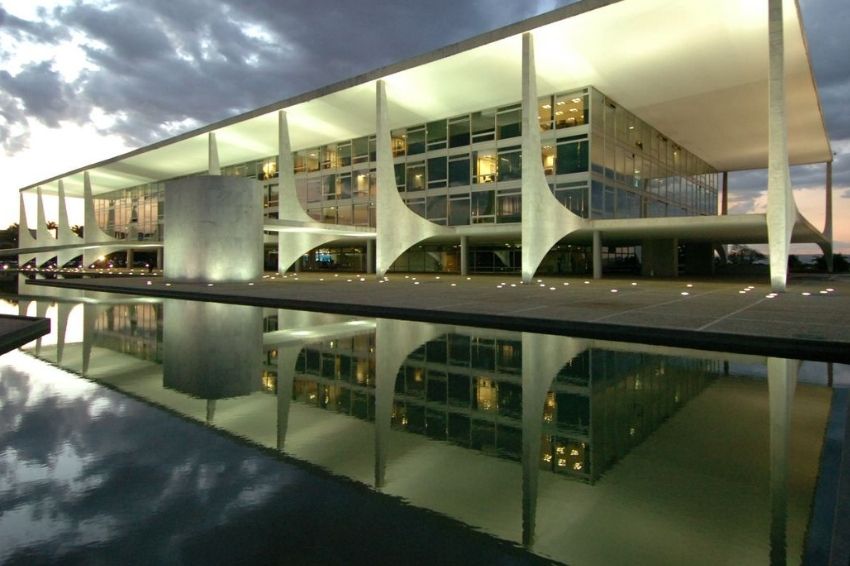President Jair Bolsonaro (PL) sanctioned, with vetoes, the PL 5829 (Bill No. 5,829) this Thursday (6). The document was published this Friday morning (7), in the DOU (Official Gazette of the Union), being registered as Law No. 14,300.
At the end of December, Canal Solar reported, first hand, that the Chief Executive would sanction the project on the same date.
Access Law 14,300 in full
The document creates its own legislation for the distributed micro and minigeneration sector in Brazil, attributing to ANEEL (National Electric Energy Agency) the responsibility to consider technical, environmental and social attributes in the calculation of energy compensation.
The president's two vetoes:
🔹 art. 11 § 3: Removed floating plants from the division of generating plants into smaller units to meet the power limits for MMGD (distributed micro and mini generation).
🔹 art. 28: Framed distributed minigeneration projects as electricity generation infrastructure projects within the scope of the REIDI and other programs.
Tassio Barboza, Deputy Secretary for Technical Affairs of the INEL (National Institute of Clean Energy), assesses that the impacts of the article 11 decision should not be large. “The ban on floating plants is not positive for the sector, however, its impact is small, given that these plants are mostly developed in very specific projects, generally research and development,” he said.
Regarding article 28, the secretary believes that the decision should have negative impacts on the sector. “INEL will work to overturn the veto that framed power plants distributed minigeneration such as electricity generation infrastructure projects to facilitate access to credit for investors who also dream of a more renewable country”, he highlighted.

















3 Responses
Any form of incentive for the development of projects based on renewable energy must be seen as a form of energy independence, which guides the economic growth of a nation. When the president vetoes an article that has this bias, in my opinion he is hindering the nation's development. My question is what led to this veto? What are the justifications for this act? Or rather, what's the point?
Art.º 13 – 60 months; Despite the rather dubious wording about what will happen after 60 months after the first invoice from the Concessionaire, the following can be interpreted:
An excess credited in the Invoice field (EDP) – “Updated Balance in the month” on 01/06/17, which was accumulated at 1,000 KWh, hypothetically, with a value of 100 KWh, would have this amount debited at the same value on 06/ 02/22; the “Updated Balance”, in the month 02/22 would have a value of 900 KWh, this being increased with a surplus (if any) from the month 02/22; so on. An operation that is difficult for the Concessionaire to operate, and also difficult for the user to follow.
Great work, congratulations. We need laws that regulate this so that together we have more and more interest in generating clean energy.